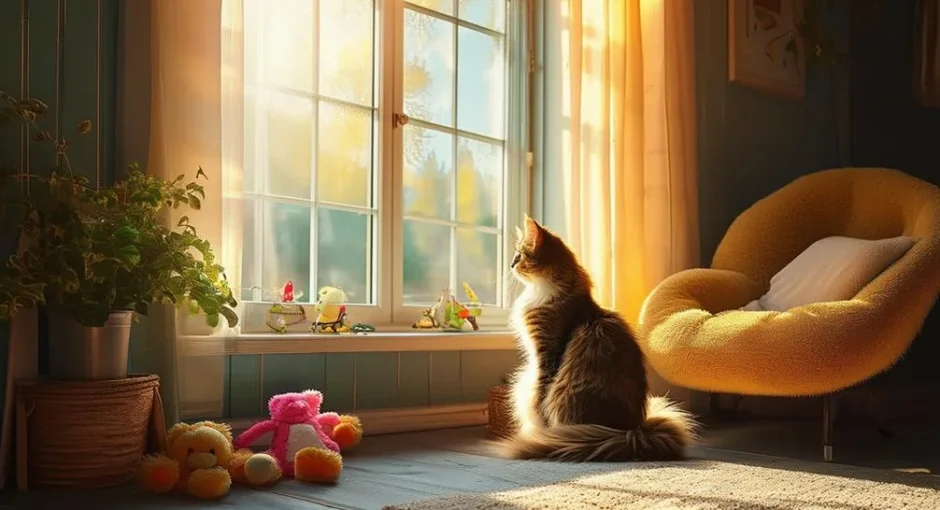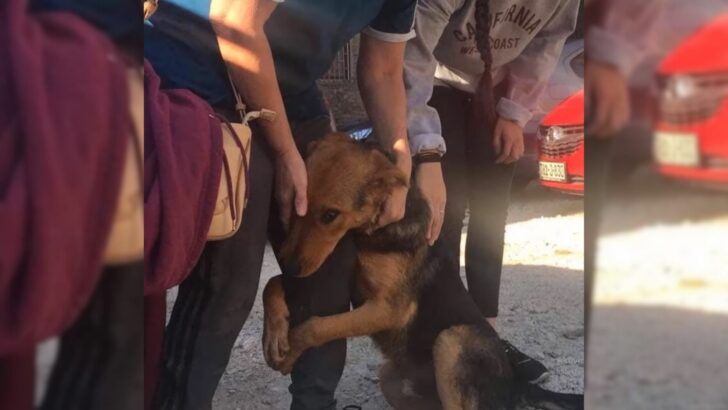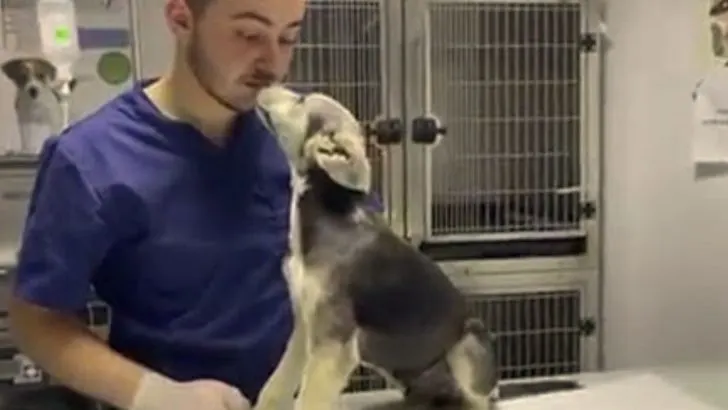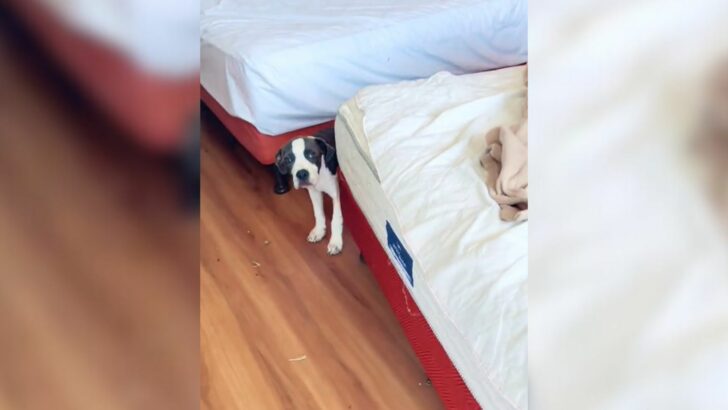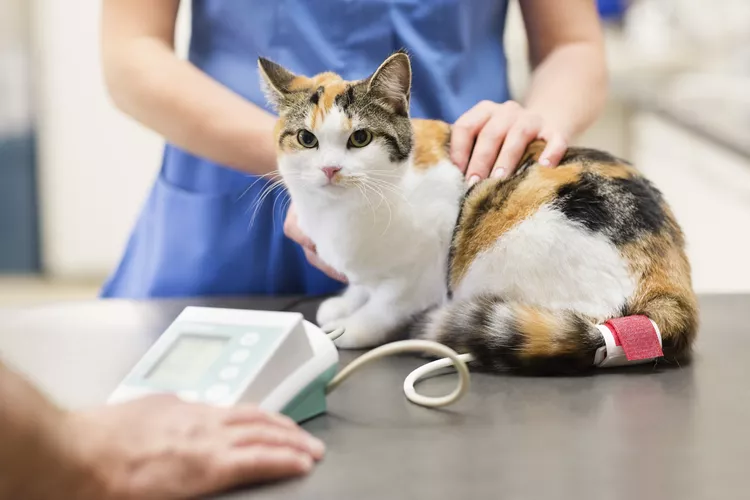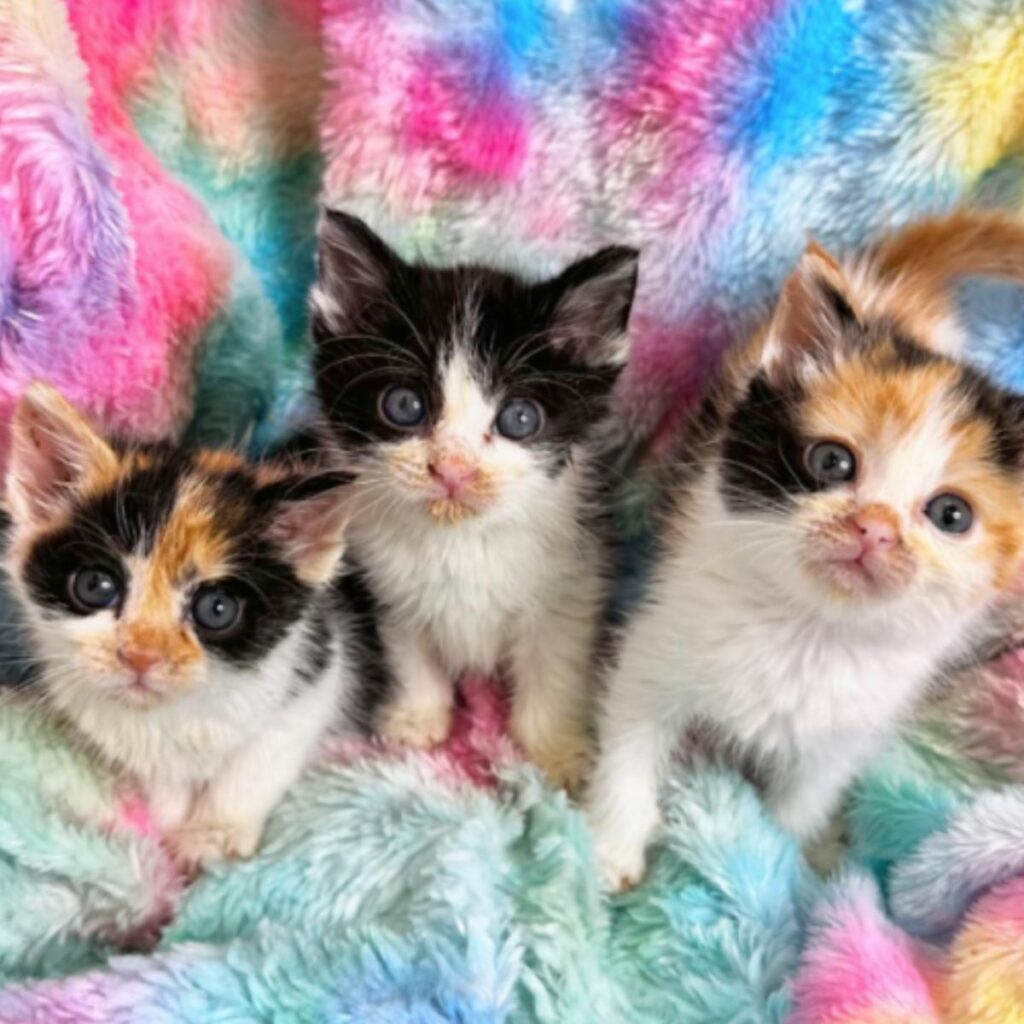Did you know that studies show nearly 65% of cats form strong attachments to their owners?
This statistic might make you wonder if your cat companion actually misses you when you’re away.
You might notice your cat companion following you from room to room, purring contentedly in your presence, or even kneading on your lap.
But what about those times when you see signs of distress during short separations?
Understanding these behaviors can help you figure out if your cat companion is just attached or experiencing separation anxiety.
Let’s explore how you can better manage and enhance your bond with your cat companion.
Read more: Before And After Rescue: 17 Beautiful Cat Transformations That Will Make You Cry
Signs Of Cat Attachment
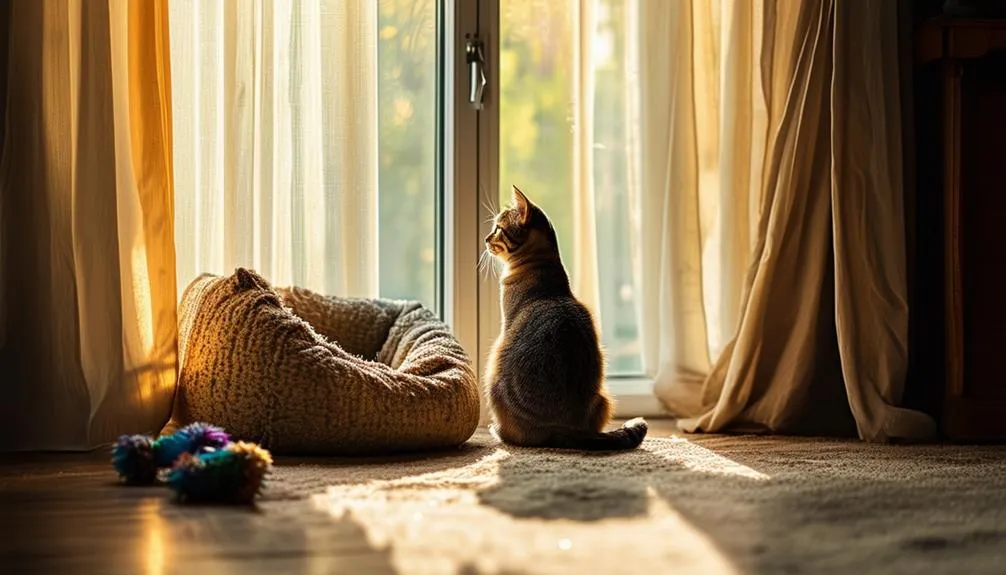
One clear sign of cat attachment is when your kitty pal follows you around the house.
This behavior shows their genuine interest and affection. They see you as their primary caregiver, providing safety and comfort.
Cats also demonstrate attachment by purring when near you, kneading on your lap, or rubbing against you.
These actions are their way of marking you as part of their territory and expressing contentment.
Additionally, a cat that comes to you for cuddles or sits close by during quiet moments is showing trust and loyalty.
By recognizing these signs, you can better understand and nurture the special bond you share with your furry friend, ensuring they feel loved and secure.
Read more: Why Cats Headbutt, And Should You Headbutt Them Back?
Understanding Separation Anxiety
Separation anxiety in cats occurs when they experience significant distress during short separations from their owners. Imagine leaving for work, and your beloved pet starts to stress out.
This anxiety can be triggered by traumatic events, changes in their routine, or early life experiences.
Female cats are more prone to this condition. To help your cat, establish a regular routine around your work hours.
This consistency can be comforting for them.
Avoid introducing a new cat to the household as it might trigger more anxiety.
If the anxiety seems severe, don’t hesitate to consult a vet.
Understanding the root of their distress can lead to a happier, calmer cat when you’re away.
Symptoms Of Anxiety
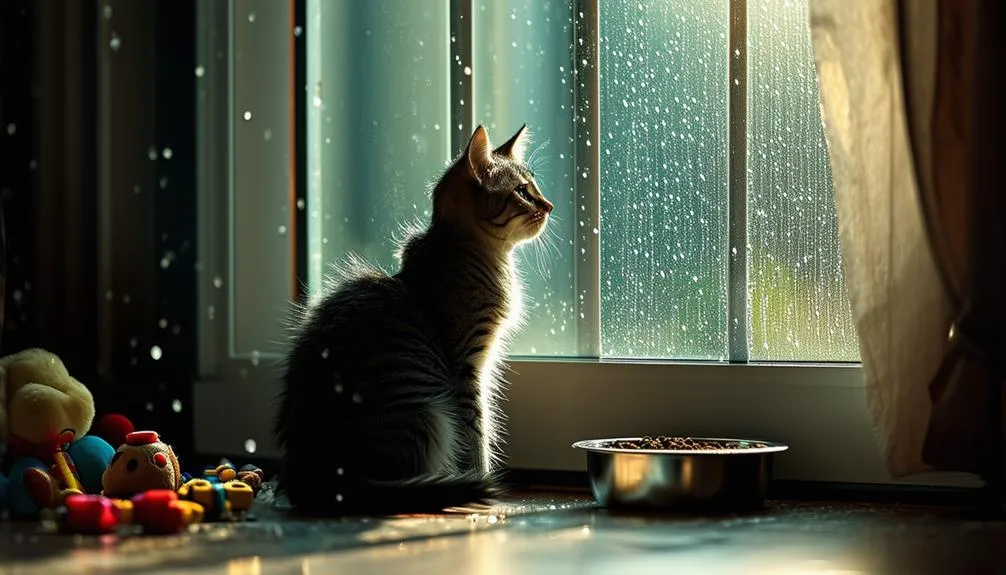
When your cat starts clinging to you and following you around the house, it might be showing symptoms of anxiety. You’ll notice increased meowing, scratching furniture, or even refusing to eat.
These behaviors can be distressing, but they’re your cat‘s way of expressing its discomfort.
Inappropriate elimination, like urinating outside the litter box, is another clear sign.
It’s important to remember that punishment can worsen these issues, so focus on understanding and patience.
Your cat‘s anxiety might stem from changes in routine or environment.
Providing a variety of toys and using pheromone diffusers can help soothe your pet.
By recognizing these symptoms early, you can create a more comforting space for your furry companion.
Read more: Cats And The Supernatural: Can They Detect Spiritual Energy?
Managing Severe Anxiety
Often, managing severe anxiety in your cat requires a multi-faceted approach involving both environmental adjustments and professional guidance. Start by creating a safe, cozy space where your cat can retreat.
Use pheromone diffusers to help soothe anxiety.
Enrich your cat‘s environment with engaging toys and climbing structures.
Consult your vet to discuss possible medications or behavior modification techniques tailored to your cat‘s needs.
Professional help, such as a pet behaviorist, can offer additional strategies and support.
Establish a consistent routine to provide stability and predictability for your cat.
Pay close attention to your cat‘s behavior, and be patient; managing severe anxiety takes time and dedication.
Your compassion and commitment will make all the difference.
Read more: Why Do Cats’ Pupils Dilate? The Fascinating Reasons Revealed
Enhancing Cat Companionship
Building a strong friendship with your cat not only helps alleviate anxiety but also enriches both your lives.
Spend quality time with your kitty companion through regular interactive play sessions.
Use toys like feather wands or laser pointers to engage their hunting instincts.
Create a cozy, safe space where your kitty can retreat and relax.
Establish a routine that includes feeding, grooming, and cuddling, as consistency builds trust.
Speak softly and offer gentle pets to strengthen your bond.
Consider adding vertical spaces like cat trees or shelves for climbing and exploration.
This not only provides mental stimulation but also physical exercise.
By investing in your relationship, you’ll foster a deep, meaningful connection with your kitty.
Read more: Why Do Cats Lick Each Other’s Butts? The Surprising Answer
Conclusion
Your cat‘s connection to you is clear through their cuddles, curiosity, and constant companionship.
If you notice signs of separation anxiety, don’t despair. Establish a stable schedule, create a cozy corner for comfort, and consult your vet for additional advice.
By understanding and addressing your cat‘s needs, you’ll nurture a fulfilling friendship.
Remember, your cat‘s feelings are valid, and with a little effort, you can guarantee their happiness and health while you’re away.
